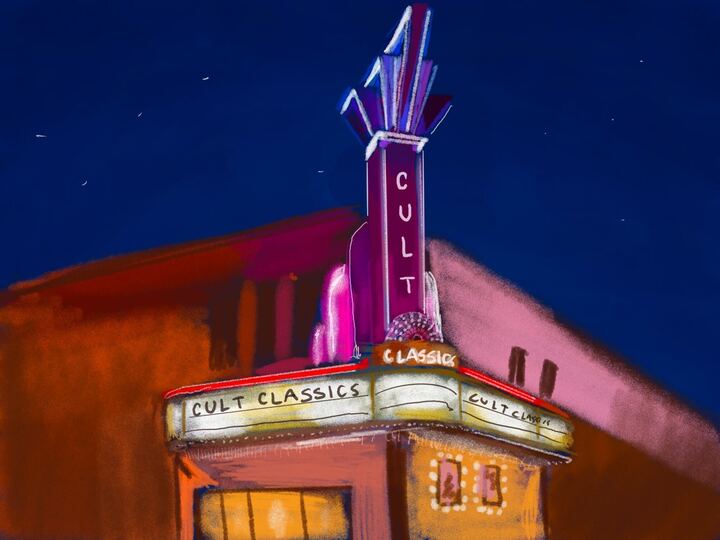There seems to be a common misconception that film critics are not people who love movies, but people who love to hate movies. Critics pan popular films that are well-received by audiences while championing offbeat arthouse snoozefests. They use lofty vocabulary to make their work only accessible to an insular audience of snobs. They just want to punch down on mainstream taste to separate “us” from “them,” right?
Film criticism likely developed this reputation because of its unique position as an academic discipline that exists in such close proximity to mass consumer interests. Critics have existed for almost as long as film has, and it’s impossible to conceptualize an industry without them. 
But, a critic’s proficiency in the history and formal language of a populist media may put them in opposition to public taste.
Critic circles have been historically insular and blocked by strict barriers of entry — one needed the backing, resources and exposure of an established and well-circulated publication to pursue the profession.
Presently, the internet has allowed for the democratization of a previously inaccessible profession, and these barriers of entry have largely become obsolete. Online blogs, YouTube channels and newsletter platforms have given authors the independent editorial and publishing power over their own work, while social media sites like Letterboxd or Twitter can accommodate short-form criticism and open up conversation.
Industry critics are no longer the arbiters of what makes a good film, and established publications are no longer the arbiters of what makes a good critic.
The disparity between audience taste and critical taste has become increasingly apparent as critical discussion is democratized. Review aggregator sites, such as Metacritic and Rotten Tomatoes, provide a side-by-side comparison of a film’s reception from both critics and the websites’ users, driving a wedge between the two groups’ opinions.
While classical film journalists and scholars may represent a dying breed in the industry, their work still holds great merit. As experts in their craft, critics help shape the language of film and facilitate cultural discussion. The increasing prevalence of voices with unconventional critical backgrounds simply provides a larger context for conversation. These conversations, however, should not be considered a replacement for engaging with traditional written analysis.
Though I thoroughly believe that democratization is a net positive for thoughtful cultural criticism, I am concerned that we have overcorrected and casualized our conversation to the point of meaninglessness.
Letterboxd, a fast-growing site for film reviews, was once a place where I felt I could engage with meaningful criticism. Now, the site’s algorithm and demographics seem to encourage short, quippy reviews that seek to farm engagement. For most popular new releases, the top reviews are filled with recycled jokes with little or no relation to relevant critical discussion.
Additionally, film criticism on social media allows for ubiquitous monetization in ways that traditional criticism is immune from. Sure, critics have historically pandered to marketers, who love clever pull-quotes to include in promotional materials, but the standards of journalistic integrity generally prevent professional critics from being influenced monetarily by studios.
Independent online critics aren’t required to uphold these standards, and there is no regulation on corporate sponsorships that may influence critical opinion. YouTube critic Karsten Runquist has accepted sponsorships from films such as “Knives Out: Glass Onion” that he also positively reviewed. Cinemonika, who posts film reviews on TikTok and YouTube, created promotional material for “Maxxine” at the film’s premiere. TikTok reviewer Stoney tha Great posted a sponsored video for “Speak No Evil” amidst videos featuring more objective reviews.
While the internet has broken down antiquated barriers that have prevented the platforming of a diverse array of opinions, it also blurs the lines between critic and promoter, marring the standards of integrity for film criticism.
Film criticism will always be relevant as long as film is relevant, though it may take on countless forms in the process. It’s our responsibility as critics, fans and viewers to evaluate the context of our conversations and include new voices while consistently examining the integrity of our own words.


























































































































